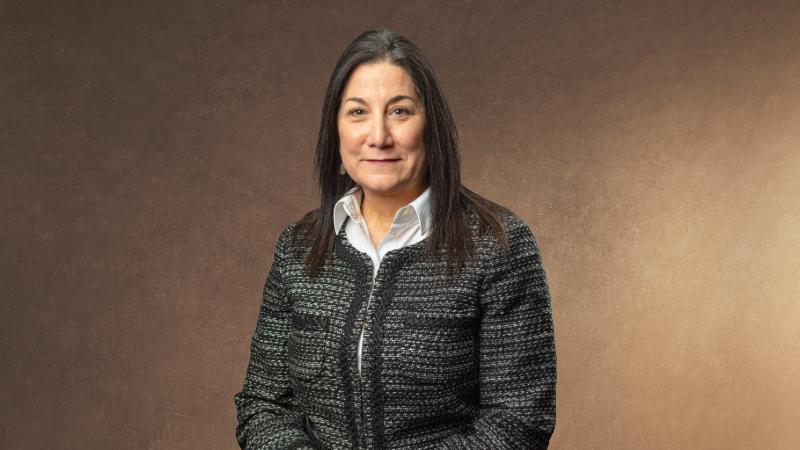
February 5, 2024
The thought of having cancer is scary, but getting screened for cancer can help detect it early when it's easier to treat. You can think of it as giving your body a regular check-up to catch any problems before they become serious.
Cancer screening tests are designed to find cancer before any symptoms appear, increasing your odds of survival. Screening also helps doctors find pre-cancerous conditions, which are changes in the body that could become cancer if not treated. For example, screening for breast cancer with mammograms has been shown to reduce the risk of dying from breast cancer. If found early, the five-year survival rate for breast cancer is 99%.
When should you start getting screened?
The age at which you should start getting screened for cancer depends on the type of cancer and your risk factors. Talk to your primary care provider for recommendations on when you should start being screened, as they will examine your family history and help determine your risk factorsIn the meantime, here are some general guidelines:
- Breast Cancer: Women should start screening for breast cancer by getting a mammogram at age 40. However, you must talk to your primary care provider about when to start screening, especially if you are at high risk. Remember, you can perform a self-breast exam at home at any time, but this should not be in replacement of a mammogram.
- Cervical Cancer: Women should start screening for cervical cancer with Pap smear test beginning at age 21. The frequency of your screen will depend on your family history and risk factors. Human Papillomavirus (HPV) testing may also be recommended for women over 30.
- Colorectal Cancer: Most people should start screening for colorectal cancer at age 45. This can be done with a stool test, sigmoidoscopy, or colonoscopy. Learn more about the importance of colonoscopies from St. Peter’s board-certified colon and rectal surgeon Dr. Emily Bubbers.
- Prostate Cancer: The general guideline for men to start screening for prostate cancer is 50. However, you should talk to your primary care provider aboutthe right time for you. . Your risk factors will influence the age at which you should start screening.
- Lung Cancer: Screening for lung cancer with low-dose CT scans is recommended for those at high risk of developing lung cancer, such as current or former smokers 50 years of age or older.
- Skin Cancer: Regular skin exams by a dermatologist are essential for detecting skin cancer early. You should start performing self-exams around 20 years of age and see a dermatologist or a doctor if you notice any changes in your skin.
Screening for cancer is an essential part of your health. Detecting cancer early helps save lives and improves treatment outcomes. Remember, talk to your primary care provider about when you should start getting screened and which tests are right for you. You can take control of your health by scheduling your cancer screening today.


